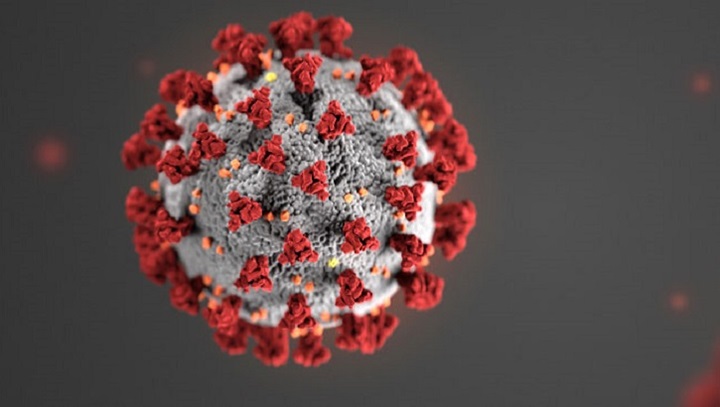A clinical human trial for the coronavirus, first of its kind, has started today in Seattle as the increase in the number of COVID-19 cases continues to pick up pace across the US and globally. The trial, being undertaken at the Kaiser Permanente Washington Health Research Institute (KPWHRI) in Seattle, will test the effects of mRNA-1273, an experimental vaccine developed by the National Institutes of Health and a fairly young pharmaceutical company Moderna.
The trial will involve 45 healthy and young individuals, who will be administered different doses of the vaccine. Moderna says the vaccine involves a different mechanism from the traditional shots. In traditional vaccines, a small amount of the virus itself is injected into the body. However, in this case, the vaccine shot instead employs clever genetic engineering to stimulate the body to produce little pieces of the virus that are then recognised by the immune system. In a layman’s language, if this synthetic RNA is injected into a person, it should incite their cells to produce proteins that look exactly like the receptors on the surface of the virus. These receptors would then trigger the immune system to produce antibodies without causing illness.
The initial goal of the trail would be to check for unwanted side-effects of the vaccine before proceeding further to test the efficacy of the drug. Even if the tests turn out to be positive, a full-fledged coronavirus vaccine is still at least a year or two away, according to many prominent researchers.
However, Moderna and the NIH aren’t the only ones racing towards developing a COVID-19 vaccine. There are others as well, including Inovio Pharmaceuticals, which expects to begin its trial at the University of Pennsylvania and at a testing center in Kansas City, Missouri next month. Regeneron Pharmaceuticals and pharma major Sanofi have initiated a U.S. clinical trial of Kevzara (sarilumab) in COVID-19 patients who were hospitalized for severe illness. Five countries globally have so far been able to isolate the COVID-19 virus strand, which is usually the first step towards creating a vaccine.
The virus has no outright cure as of now, with prevention the only available option. There have been on and off successes in treatment, with one such coming in from India, where a cocktail of anti-HIV and Malaria drugs was successfully used by doctors to cure 3 COVID-19 patients.
The deadly pandemic has wreaked a havoc throughout the world, infecting several hundred thousand. The economic impact of the COVID-19 outbreak has been catastrophic, with global markets continuing to tank. Most countries have partially or fully announced lockdowns, thus bringing all sorts of economic activities to a halt.

1 comment
Comments are closed.